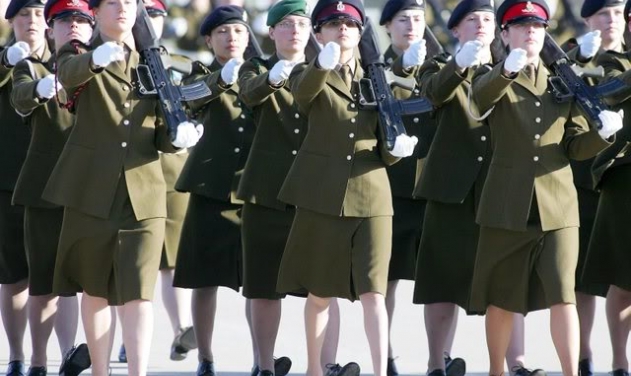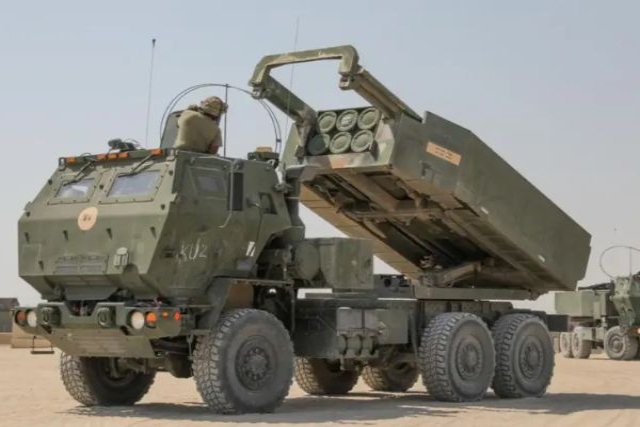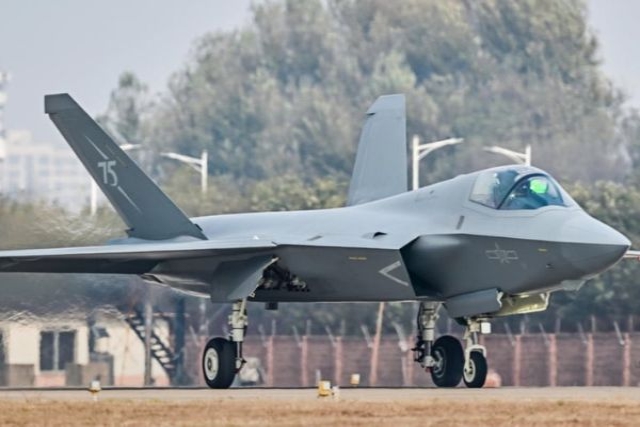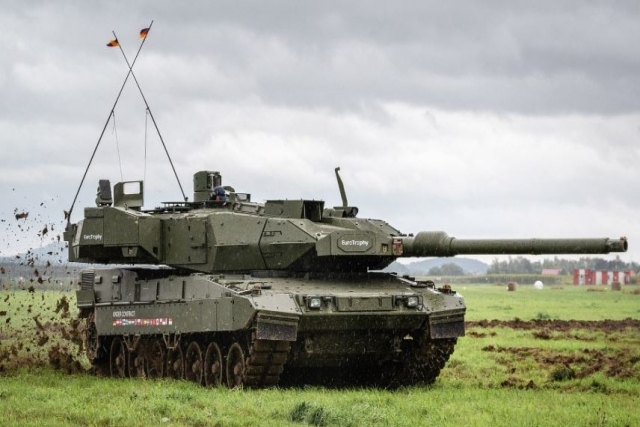UK Lifts Ban On Women Serving In Ground Close Combat Roles

The UK government has welcomed the recommendation of the Chief of the General Staff that the ban on women serving in ground close combat roles be lifted from this year.
The announcement will see women being allowed to serve on the front line in ground close combat roles for the first time, the UK defense department said in a statement Friday.
Prime Minister David Cameron said, “The Chief of General Staff has recommended that we lift the ban on Women in Ground Close Combat, a view that has been supported by the other Service Chiefs.”
I agree with his advice and have accepted his recommendation. I have asked that this is implemented as soon as possible, Cameron said.
It is vital that our Armed Forces are world class and reflect the society we live in. Lifting this ban is a major step. It will ensure the Armed Forces can make the most of all their talent and increase opportunities for women to serve in the full range of roles.
Defence Secretary Michael Fallon said, “I have always wanted roles in our armed forces to be determined by ability, not gender. Women have already given exemplary service in recent conflicts, working in a variety of highly specialised and vital roles. By opening all combat roles to women, we will continue to build on these successes and improve the operational capability of our military.”
The decision follows extensive research, due to be published today, which looked into three key areas of potential risk to women on the front line: musculoskeletal injury, psychological issues and impaired reproductive health.
As a result of this ‘Interim Health Report’ (IHR), combat roles will be opened to women in a phased approach over the next three years. This will begin by allowing women to serve in all roles within certain units of the Royal Armoured Corps (RAC) from November 2016. This will be reviewed after six months before being expanded to other units of the RAC.
The IHR showed that women joining the RAC would have less likelihood of injury than other ground close combat roles. Operating armoured vehicles is assessed to be likely to attract the highest number of applicants, anticipated to be up to 20 per year. In addition to the RAC, the change in rules will eventually apply to roles in the Infantry, Royal Marines and Royal Air Force Regiment which will be opened up to women by the end of 2018. By this point, and based upon an ongoing programme of research, a robust set of ‘Physical Employment Standards’ will be in place. These will set clear physical standards for all combat roles, for both men and women.
This five-year programme of research into the physiological impact of combat roles on men and women is expected to be completed in 2021.
Gen Sir Nick Carter, Chief of the General Staff, said, “I am delighted that we are now able to extend the opportunities for women to serve in the Army. Women already operate on the front line in a variety of roles and have done so with distinction in recent conflicts. By allowing women to serve in all roles, we will truly help to maximise the talent available to the Army and make the Armed Forces a modern employer”.












